Special Features
- Home
- Special Features
Pre conference workshops
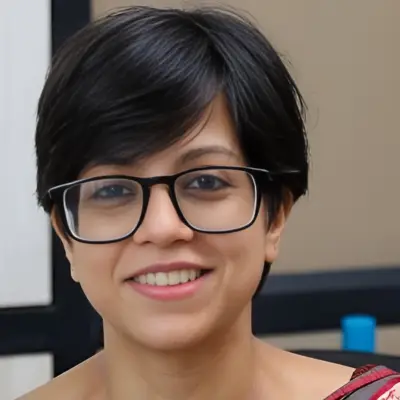
Asst. Prof. Supurna Banerjee
Assistant Professor
Institute of Development Studies Kolkat
India
Supurna Banerjee is a feminist academic specializing in sociology and political science. Working as an Assistant Professor at the Institute of Development Studies Kolkata in India, her research focuses on issues of gender, labor, violence, marginalities, and intersectionality. She has published a monograph, edited collections, and articles in peer reviewed journals. She has recently held a research fellowship at the IGK Work and Human Lifecycle in Global History (re: work) researchers’ network at Humboldt University of Berlin. She has been part of several national and international research projects. She also writes nonfiction for children.
"Feminist Publishing: Prospects and Problems"
Date: 23rd January 2026 | Time: 03:00 PM – 04:00 PM IST
Overview:
In this lecture, the speaker will address the need for feminist publishing within the complex ecology of the publishing industry. In an industry historically dominated by male-led publishing businesses, feminist publishing is not limited to publishing houses owned by women or sex/gender minorities. Rather, it refers to a particular ethics of writing, reviewing, and publishing. The lecture will emphasize feminist publishing’s express commitment to scholarship that is feminist in nature. It will further explore how such publishing ethics can be identified in both book publishers and academic journals. Additionally, the speaker will provide guidance on writing about feminist issues in ways that enhance the likelihood of publication. Finally, the lecture will examine the dynamics between the ethics of feminist publishing and market profitability.
Key Takeaways
- Identifying journals and publishers aligned to one’s interest
- Preparing articles for such journals
- Review process and some key constraints
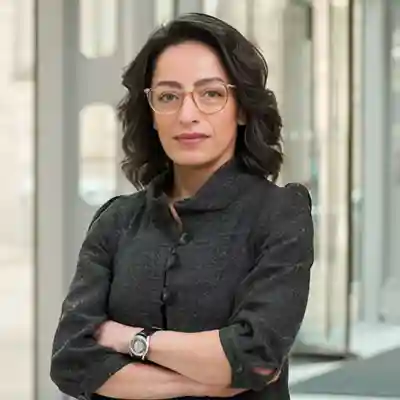
Dr. Hind Elhinnawy
School of Social Sciences,
Nottingham Trent University,
Nottingham,
United Kingdom
Dr. Hind Elhinnawy is a Senior Lecturer in Criminology at Nottingham Trent University, specializing in gender studies, critical criminology, and secular Muslim feminism. Her research focuses on the intersection of gender, religion, and identity, particularly the activism of secular Muslim women in the Middle East and Europe. She critically examines how these women navigate secularism, Islamophobia, and feminism, with notable works such as her PhD thesis, Contested Voices: Secular Muslim Women Activists in the Age of ISIS, and her monograph, Secular Muslim Feminism. Dr. Elhinnawy employs methodologies like narrative theory, critical discourse analysis, and participatory action research to explore these complex issues. With over a decade of activism, she has contributed to significant legal reforms in Egypt, advocating for changes to personal status and sexual harassment laws. Her academic and activist work has also included roles at institutions such as the Cynthia Nelson Institute for Gender and Women’s Studies at the American University in Cairo and the Ibn Khaldun Centre for Developmental Studies.
"Navigating the Feminist Publishing Landscape: A Toolkit for Voice and Visibility "
Date: 18th February 2026 | Time: 03:00 PM – 04:00 PM IST
Overview:
This workshop, Navigating the Feminist Publishing Landscape: A Toolkit for Voice and Visibility, will explore the unique characteristics of feminist publishing, including the challenges of access and the barriers that often limit participation. Participants will learn how to effectively shape their ideas, select the right publishing outlets, and craft compelling pitches or abstracts that resonate with feminist publishing standards. Additionally, the workshop will provide strategies for navigating exclusion within the academic and publishing worlds, emphasizing the importance of building collective support and solidarity among feminist scholars and writers.
Key Takeaways
- What makes feminist publishing distinct, and why it’s often difficult to access.
- How to shape an idea, choose the right outlet, and prepare a pitch or abstract.
- Strategies for navigating exclusion and building collective support.
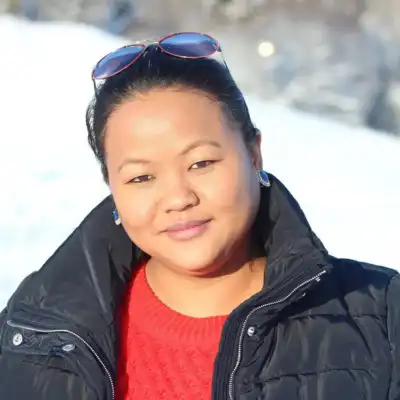
Asst. Prof. Lina Gurung, PhD
Assistant Professor
Department of Development Education
Kathmandu University School of Education (KUSOED)
Nepal
Dr. Lina Gurung is currently working as an Assistant Professor at Kathmandu University School of Education (KUSOED) in the Department of Development Education. Dr. Gurung is the focal person for Masters’ program in Indigenous Education and Development. She is also on the editorial board of national and international peer-reviewed journals. She has altogether two decades of teaching experience in schools, colleges, and universities in the social science discipline. She has done several quantitative and qualitative research since 2005 A.D. She worked as a gender coordinator from January 2014 to December 2020 under NORHED QUANTICT project funded by NORAD. She has reviewed and developed curricula, evaluated development projects, and an executive secretary of an organization working for empowerment rural women and survivors of domestic violence. Likewise, she is activity working in community led organization in her Gurung (indigenous) communities. Her research areas of interest are, women and development, indigenous feminism, gender responsive pedagogy, online and distance education, curriculum assessment, gender analysis, mentoring, diversity and inclusion, digital divide, indigenous studies and research, academic writing, and higher education.
“Gender Responsive Pedagogy”
Date: 13th March 2026 | Time: 03:00 PM – 04:00 PM IST
Overview:
Gender Responsive Pedagogy (GRP) is an approach that aims to create inclusive and equitable learning environments by addressing the diverse needs and experiences of all genders. It focuses on challenging gender biases, promoting gender equality, and ensuring that teaching materials and methods are inclusive of different gender identities. GRP encourages critical thinking about gender norms, empowers all students regardless of their gender, and fosters an environment where everyone feels valued and able to succeed.
Key Takeaways
- Understanding of the principles and practices of Gender Responsive Pedagogy (GRP).
- Provide strategies to incorporate gender-inclusive teaching methods into the classroom.
- Identify and challenge gender biases in educational materials and interactions.
- Highlight the importance of creating equitable learning environments for students of all genders.
- Explore practical tools and approaches to foster gender equality and empowerment in educational settings.
Conference Day Workshops
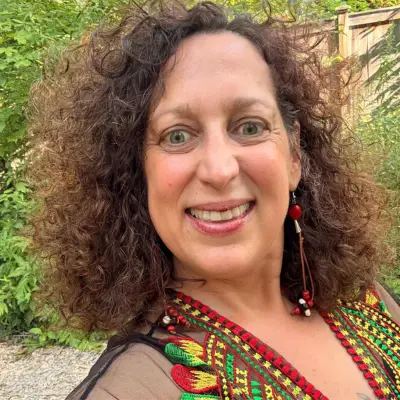
Diana J. Fox, PhD
“Feminist Publishing and the Ethics of Care and Mentorship: Rigor with a Heart”
This workshop explores feminist publishing as more than a platform for sharing knowledge; it is also a practice of care, mentorship, and responsibility. It emphasizes how publishing can nurture supportive networks, encourage inclusive voices, and uphold high standards of scholarship while remaining grounded in empathy and collaboration. Participants will reflect on the ways feminist publishing cultivates both intellectual rigor and a spirit of collective care.
Plenary Panel on
"Healing from Trauma to Reclaim Voice"
This plenary panel will create a meaningful space for dialogue on resilience, empowerment, and the process of reclaiming one’s voice after experiences of trauma. Bringing together diverse perspectives, the session seeks to inspire thoughtful reflection, foster collective understanding, and encourage positive pathways toward healing and transformation. It offers participants an opportunity to engage with ideas that highlight strength, recovery, and the pursuit of justice and dignity.

Diana J. Fox, PhD
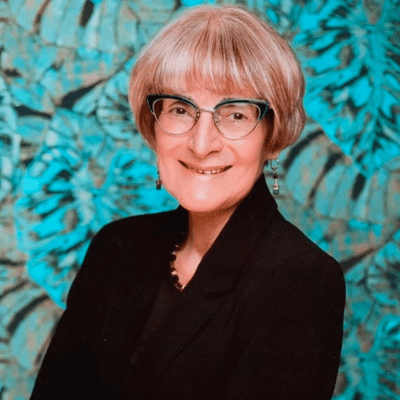
Dr. Tobe Levin von Gleichen
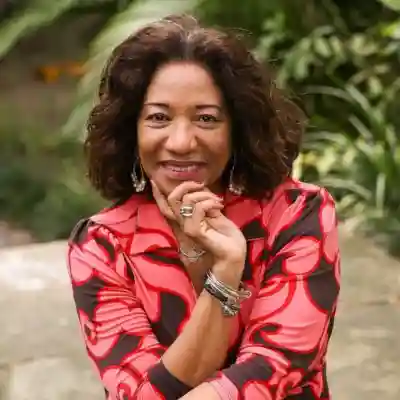
Prof. Karen Carpenter
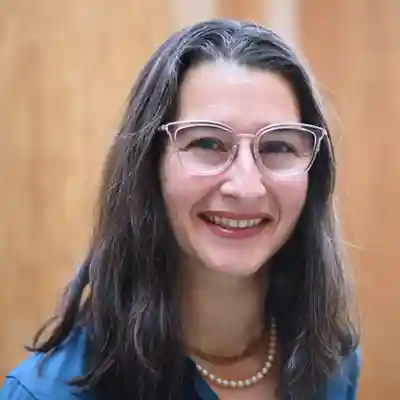
Prof. Indrani Margolin
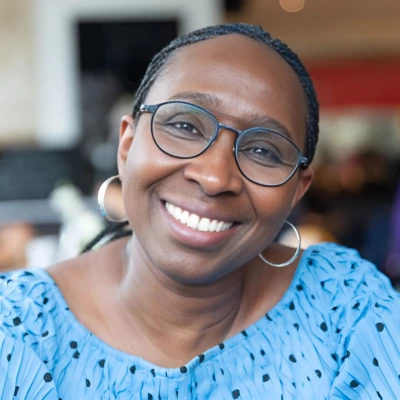
Dr. Mariame Racine Sow
Syllabi Workshop
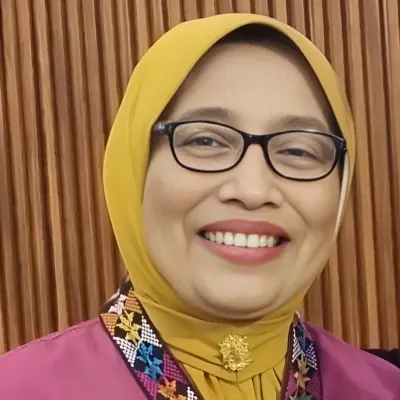
Dr. Ni Luh Nyoman Seri Malini
Faculty of Humanities
Udayana University
Indonesia
Join us for an Inclusive Syllabi Workshop, a professional development session designed to help educators create more inclusive, equitable, and accessible course syllabi. This workshop is tailored to guide participants in designing syllabi that address the diverse needs, backgrounds, and experiences of students, ensuring that everyone feels welcomed and supported. Key objectives include understanding the importance of inclusivity in education, using inclusive language, enhancing accessibility for all students, and incorporating diverse perspectives in course materials. Participants will also learn how to clearly outline expectations, promote equity, and seek continuous feedback for syllabus improvement.
